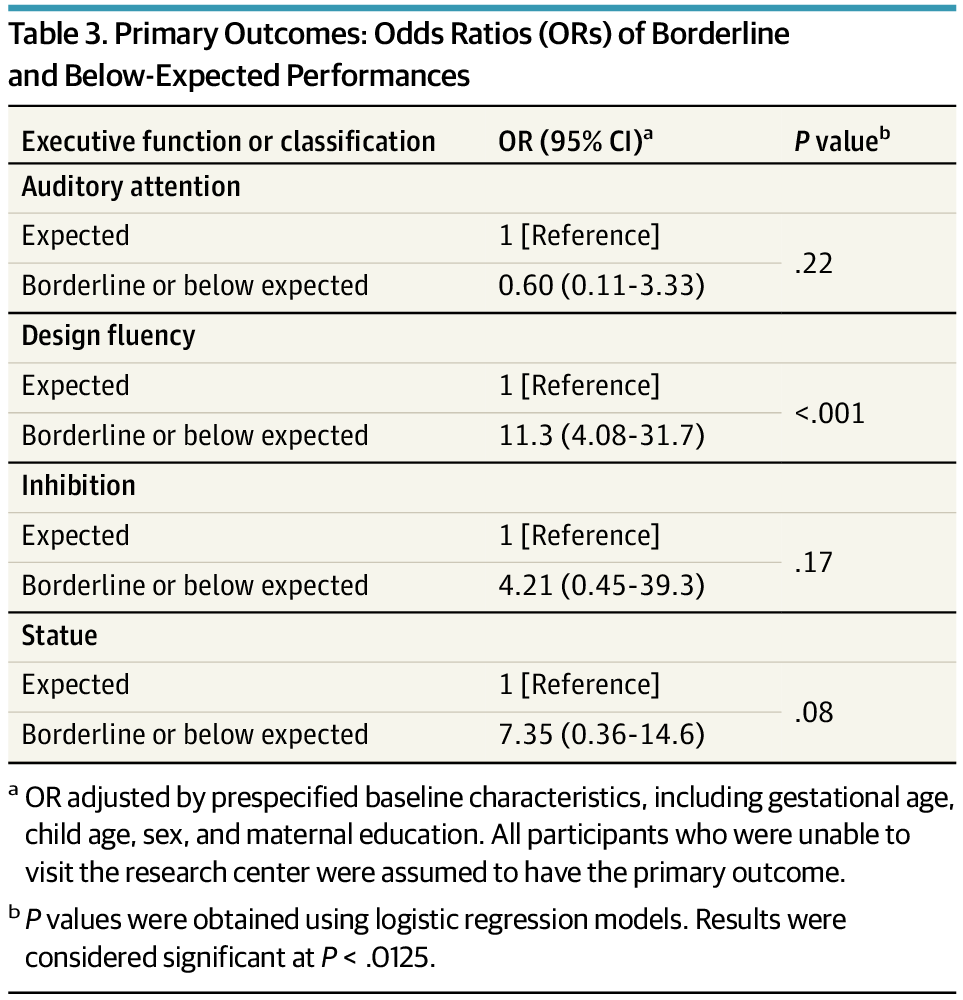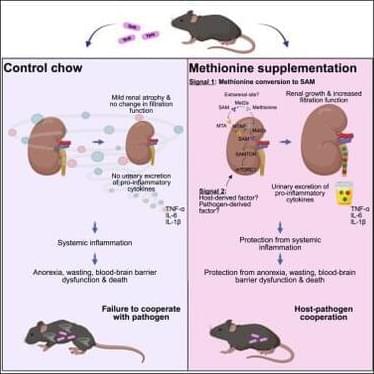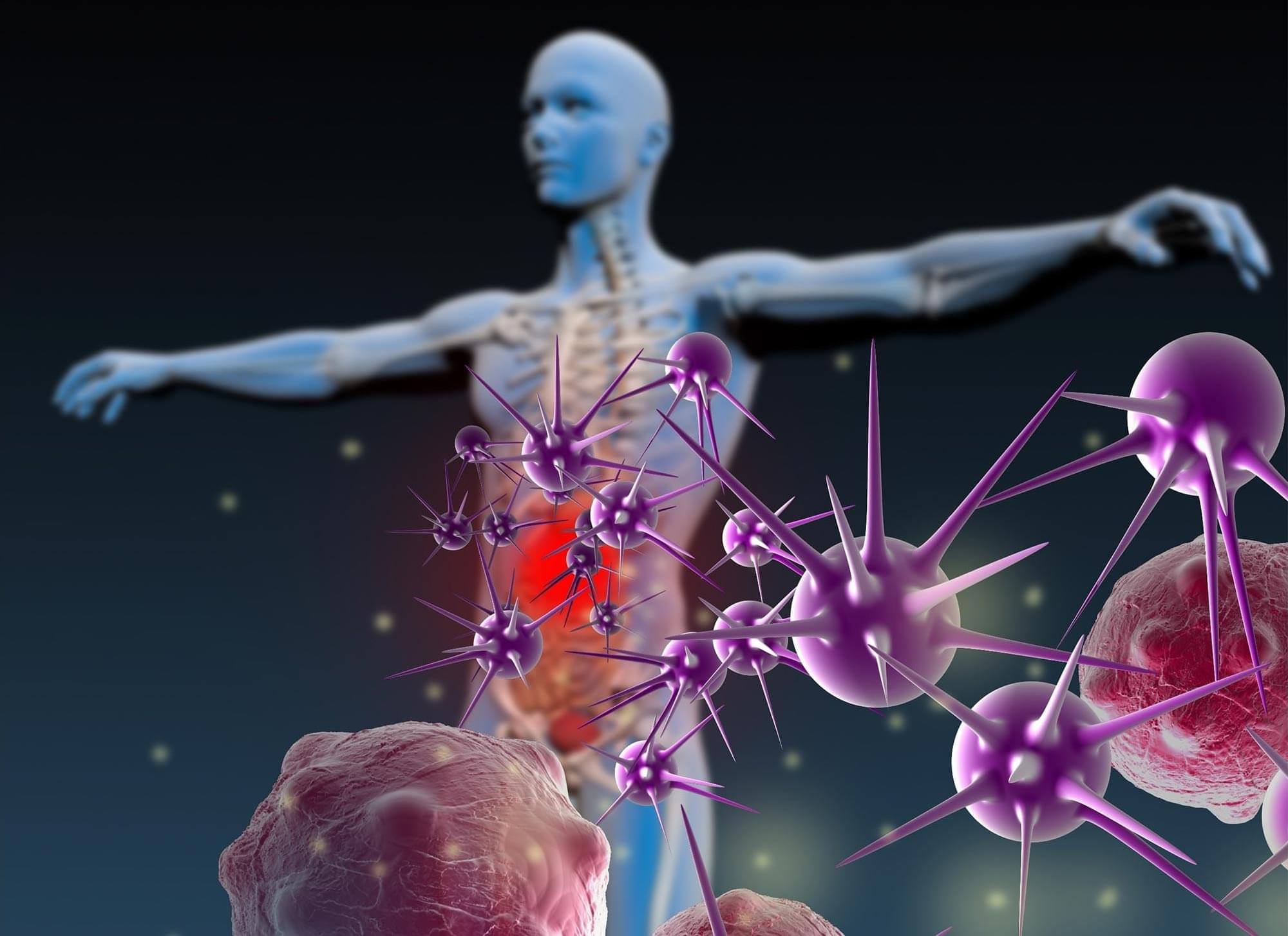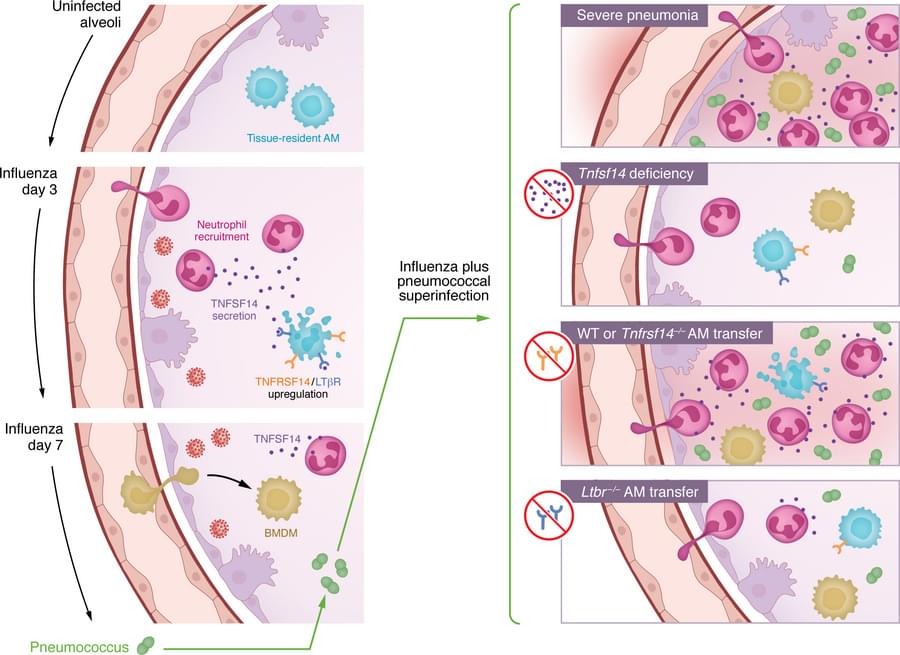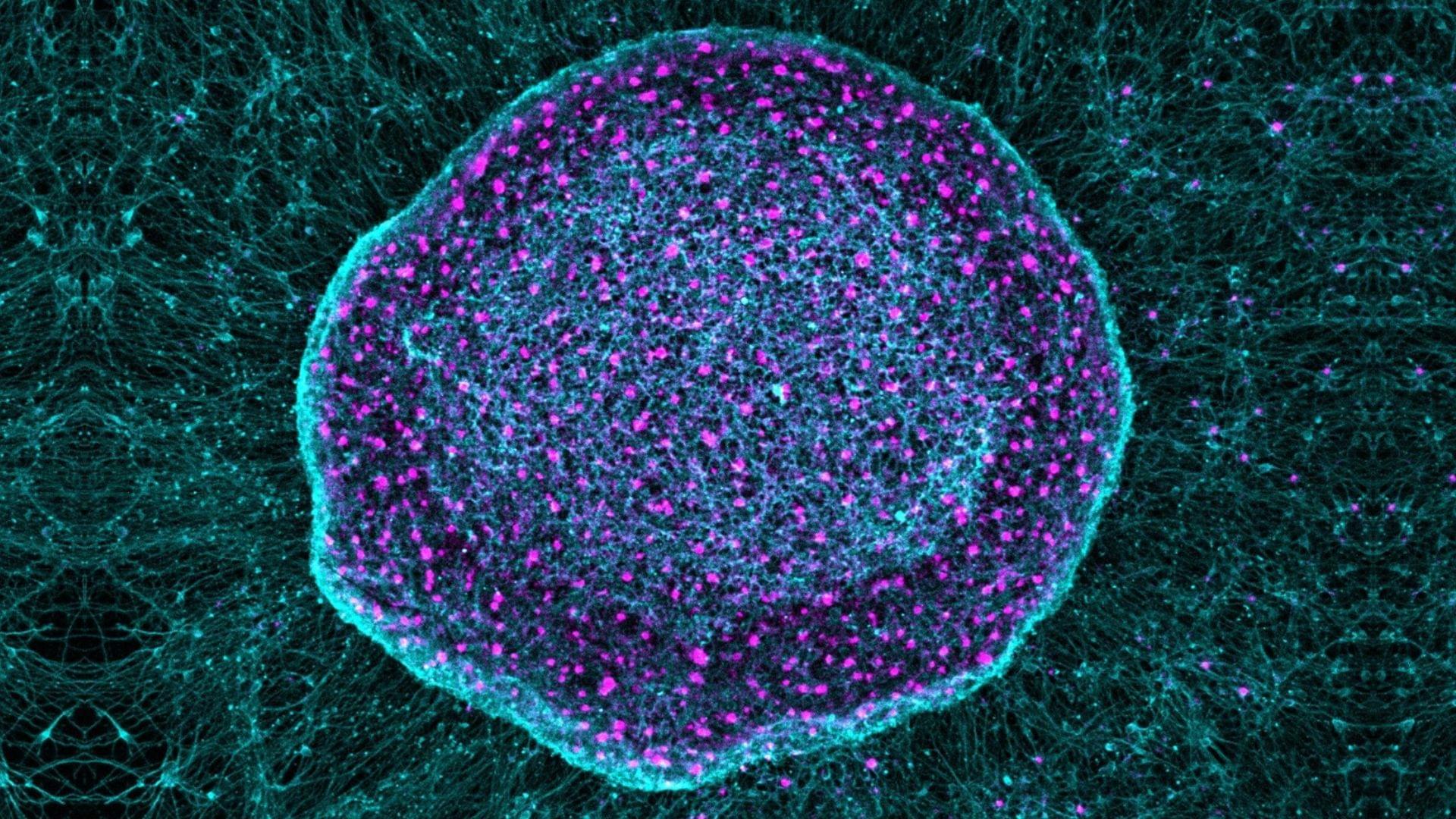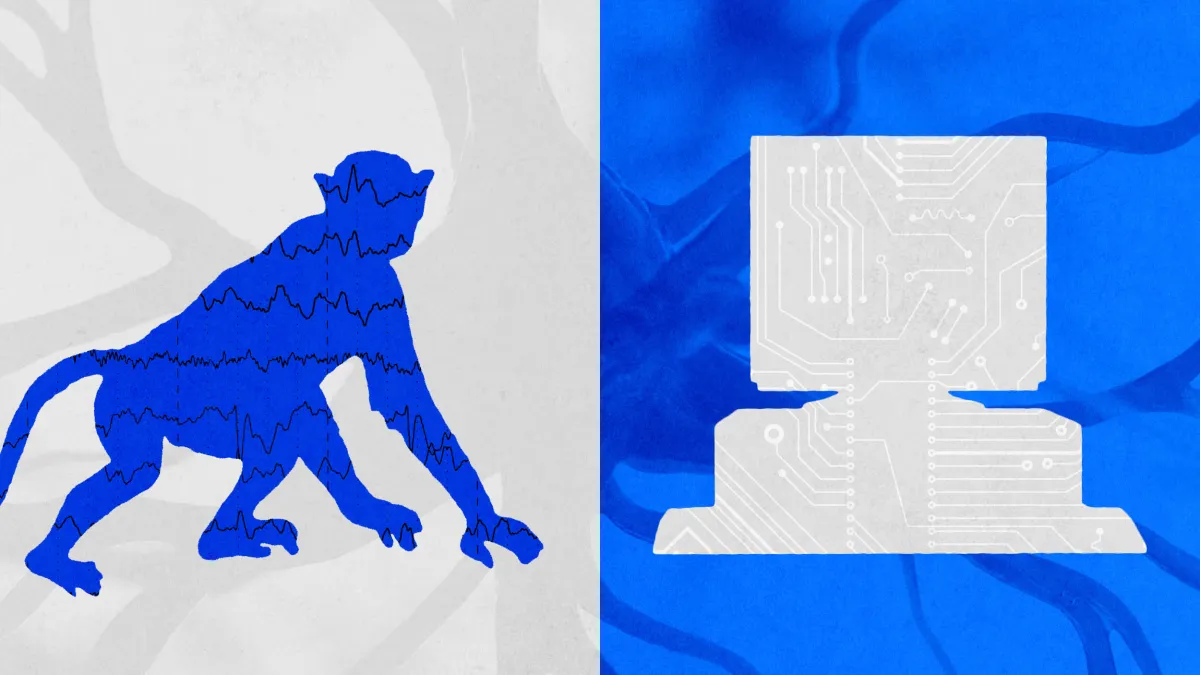Enhanced developmental intervention (EDI), initiated in the neonatal intensive care unit and continued at home for 2 years, improved executive function at school age among very preterm children compared with usual care.
All executive domains assessed showed better performance with EDI, especially for design fluency. These findings support sustained neurodevelopmental benefit for Preterm children, with implications for long-term outcomes.
Question What are the long-term effects of an enhanced early intervention on the executive functions of children born preterm?
Findings In this secondary analysis of a randomized clinical trial among 80 very low-birth-weight preterm children, it was observed that parent-led early intervention improved executive function.
Meaning Early intervention may strengthen cognitive skills, such as attention, self-regulation, and problem-solving, which could improve academic, emotional, and social outcomes, highlighting the importance of early intervention for long-term developmental success.
